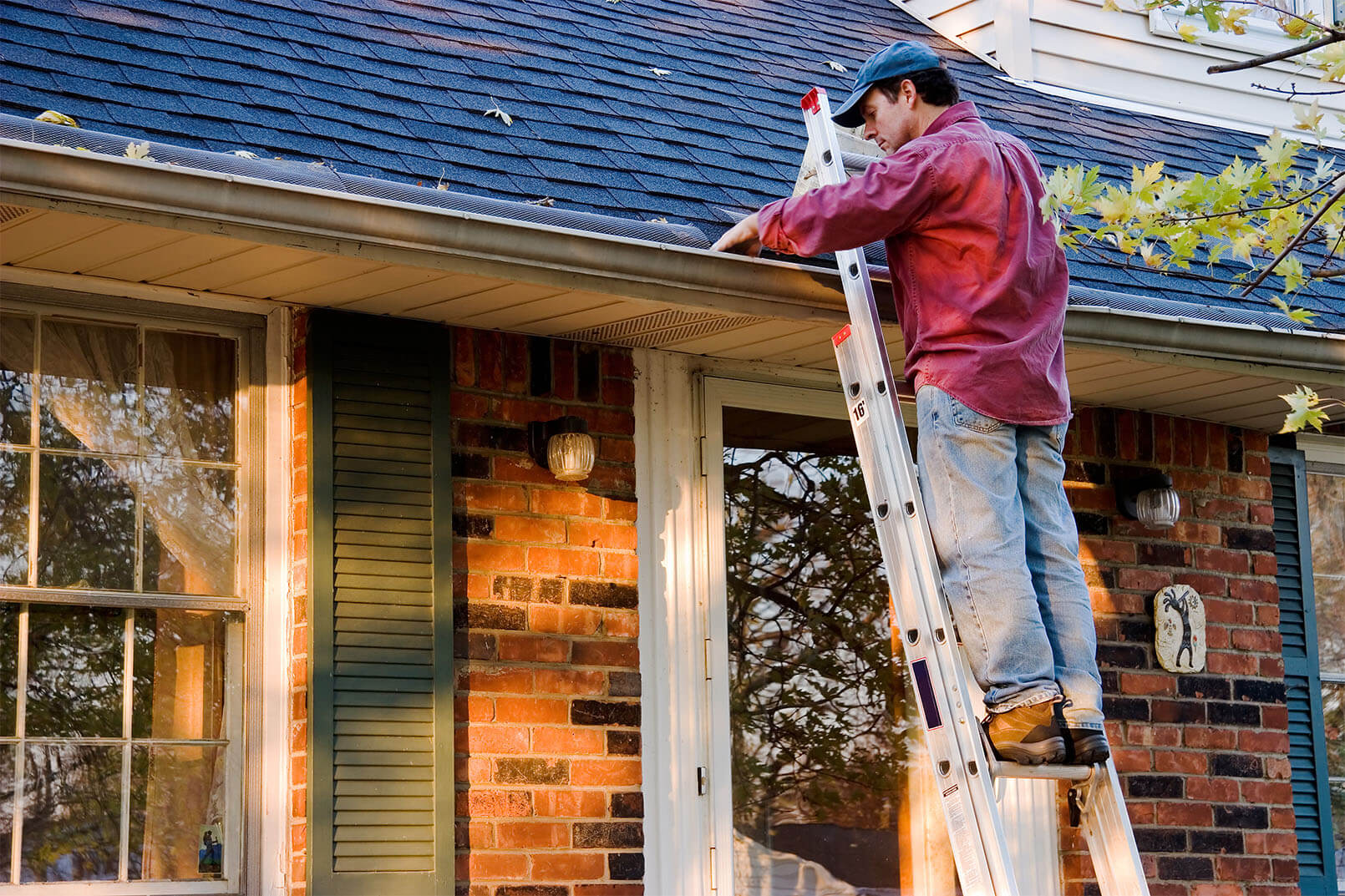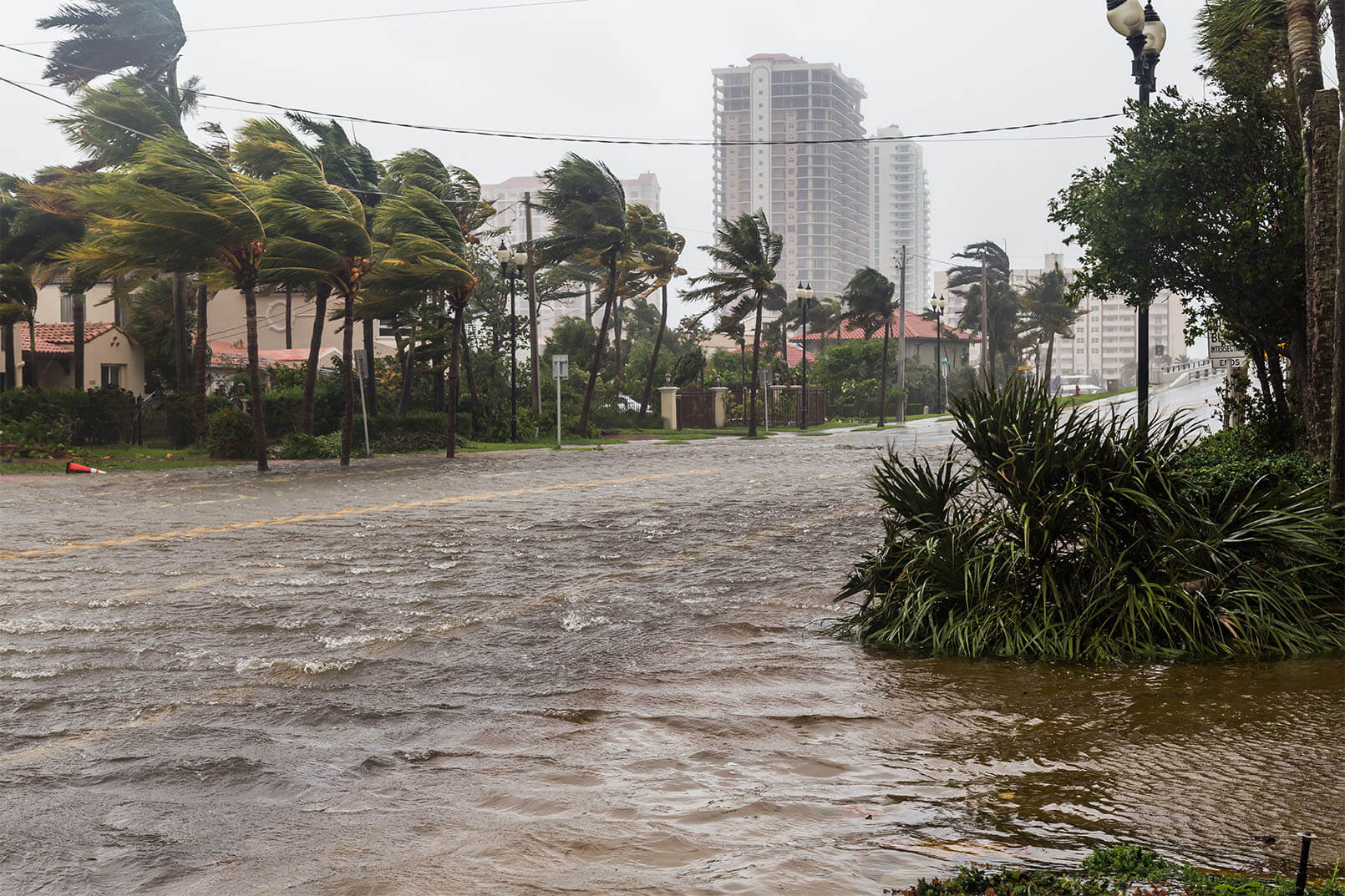Claims – Copy
File A Claim
Select the product for which you will be submitting a claim today:
File a Claim
Claims Form
Claim Lifecycle
At Orion180, the moment your claim is received our team goes to work, processing and evaluating immediately. We understand the importance of responsiveness and empathy when an unexpected event strikes and employ the golden rule; we treat your claim the way we would want ours treated should the same experience befall us. Our claims process is among the lowest in the industry, with the average claim age under 30 days.
1. Claim Creation
Catastrophic Event (CAT)
dedicated line 866-590-3550 or claims@orion180.com
All Other Perils (AOP)
866-590-3550: Option 1, or
claims@orion180.com
All daily non CAT related claims will be reported as AOP
2. Follow-Up
CAT: A claims Specialist reaches out with a 24-hour target (maximum allowed 72) to establish if emergency resources are necessary.
AOP: A claims Specialist reaches out with a 24 hour target (maximum allowed 48), to establish claim incident details and decide if emergency resources are necessary.
3. Inspection
4. Scope & Report
CAT & AOP: Field Inspectors provide scope and report to the Claims Specialist with detailed explanation of the damages and extent, as well, send recommendations to the Claims Specialist.
5. Estimate
6. Conclusion
CAT: Closing text or email to claimant advising settlement package should arrive within 5-7 days with Claims Specialists contact information.
AOP: What to expect from the Claims Specialist:
- Claim Review
- Closing Call
- Claim Settlement Package
Home and Electronics Protection Plans
 To initiate a Home and Electronics Protection claim, call:
(855) 402-8725
M-F 8am – 5pm EST
You can also visit www.4repairs.net 24/7 to submit a Home and Electronics Protection claim.
To initiate a Home and Electronics Protection claim, call:
(855) 402-8725
M-F 8am – 5pm EST
You can also visit www.4repairs.net 24/7 to submit a Home and Electronics Protection claim.
To get Technical Support** for your Home Electronics Protection Plan: (855) 402-8725 M-F 8am – 5pm EST
Afterhours Emergency Only:
urgent@fortegra.com
Avoiding Filing a Claim
No one wants to go through the disruption that comes when disaster happens, especially when it happens in the most sacred space, our home. It affects our families, daily lives and drains time and resources.
Being a homeowner gives us an undeniable sense of pride, but it also comes with a certain amount of responsibility. Maintaining your home throughout the year plays a key role in avoiding unexpected events, and it avoids small problems from turning into large ones. Those larger problems are what tempt us to file claims in areas where we probably shouldn’t.
Below are some suggestions you can follow throughout the year that can help you avoid submitting an unnecessary claim and aid in preventing your premium from increasing.

Springtime
- Check gutters and roof for any damage from ice or snow, make any necessary repairs.
- Inspect your windows for any leaks. Repair or replace weather stripping to avoid leaks.
- Check outdoor faucets for freeze damage or pipe issues.
- Service you HVAC unit and clear off debris.
- Test smoke detectors and replace batteries if necessary.
Hurricane Season
- Examine the roof, shingles, flashing, skylights, vents, and chimneys. Repair any damage.
- Clean out gutters to make sure rainwater and debris can flow freely throw them.
- Trim overhanging and dead branches and don’t leave unattended loose items outside as these can become projectiles.
- Know how to safely run a generator. Always keep generators outside under a canopied structure.
- Test/Install hurricane shutters and a wind-rated garage door.
- Speak with your insurance agent to review and understand your coverage.


Fall
- Test smoke detectors and fire extinguishers.
- Check the seals around doors and windows. Repair or replace as necessary.
- Have fireplaces and chimneys inspected.
- Inspect roof for loose shingles or damage.
- Clean your gutters.
Winterizing
- Follow manufacturer’s instructions for space heaters.
- Ensure pipes have proper insulation.
- Make sure your heating system and chimney have been cleaned and inspected.
- Test smoke and carbon monoxide detectors and replace batteries if needed.
- Make sure you have clear access to water shut-off value in case of a leak or bursting pipes.


